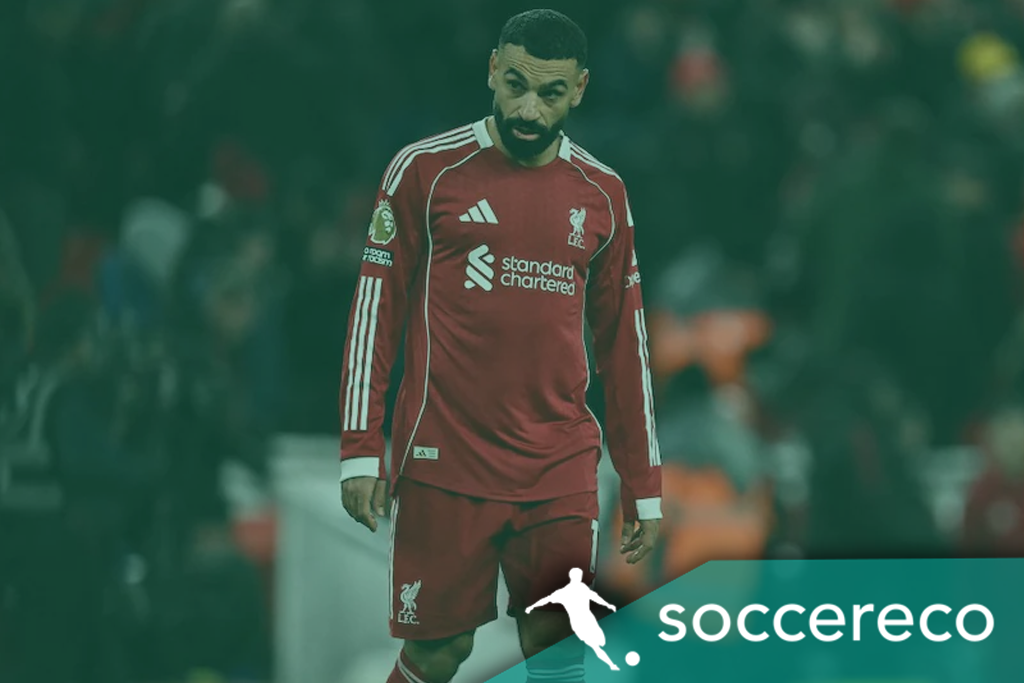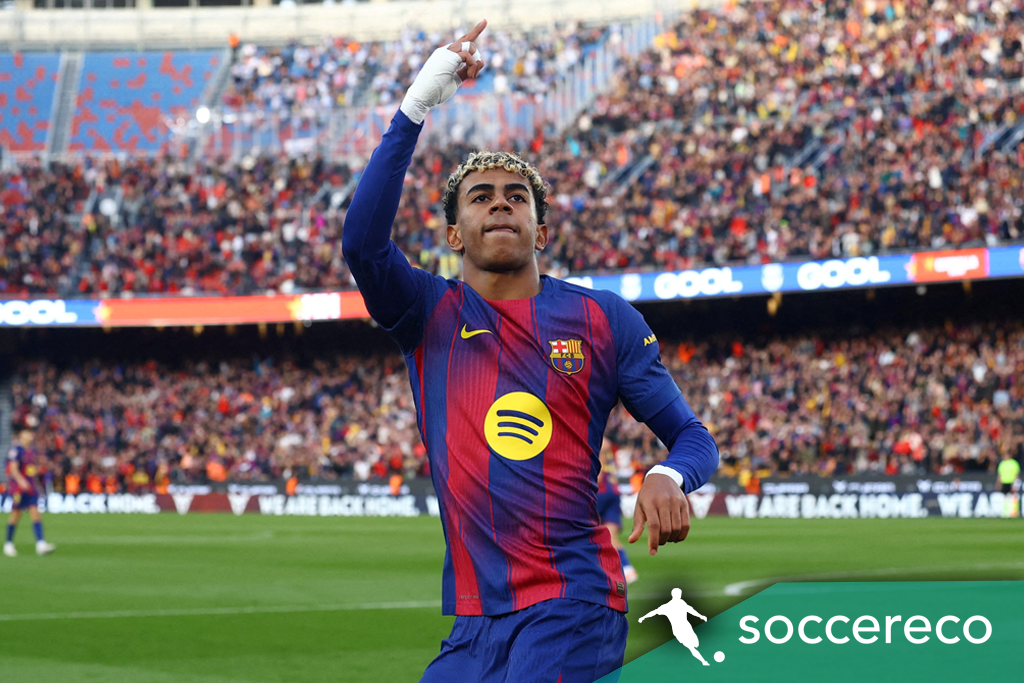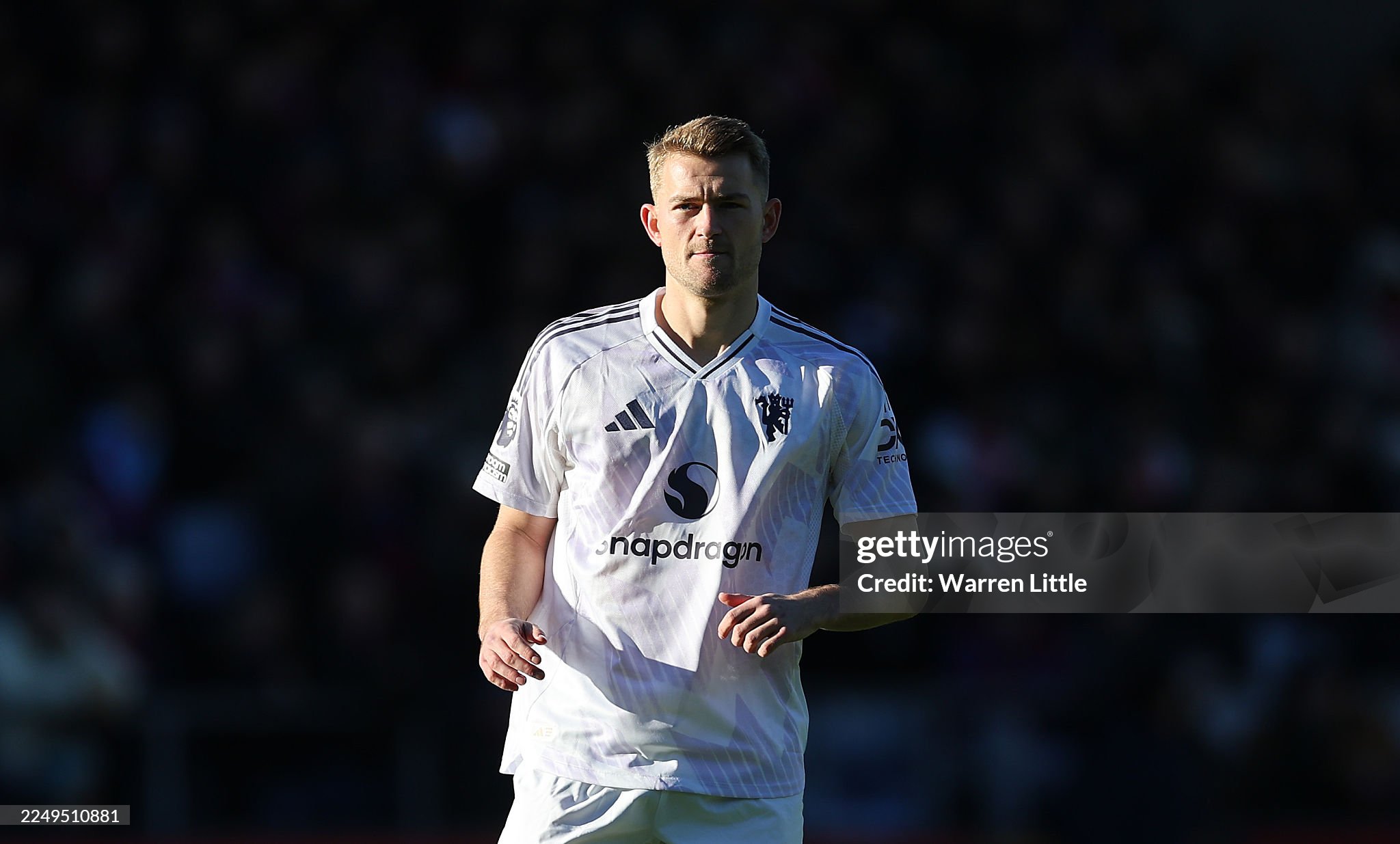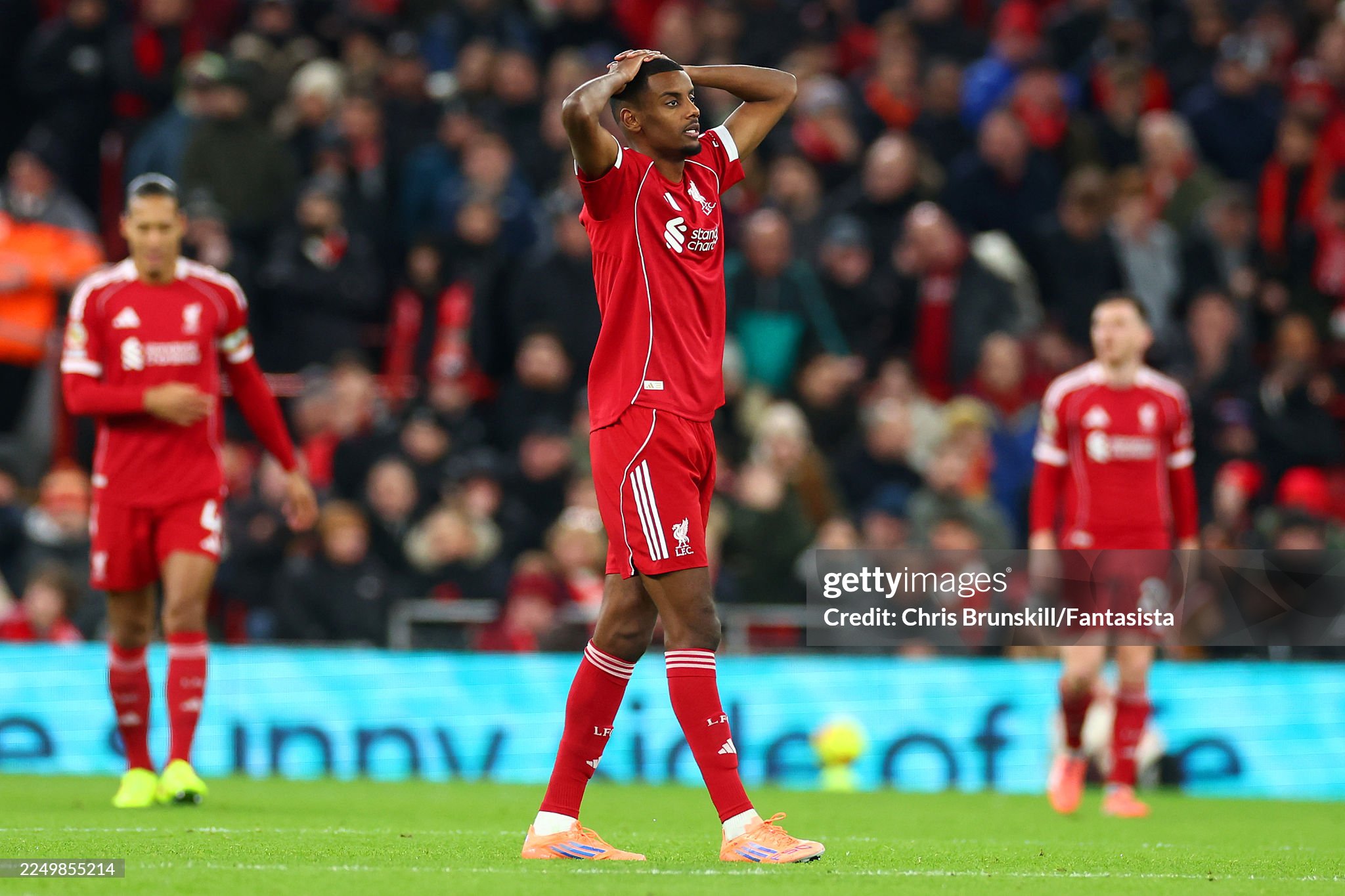Germany could not have imagined a better turn of events on Friday evening. The Germans comfortably defeated Luxembourg and saw group leaders Slovakia surprisingly fall to a 2-0 defeat in Northern Ireland.

Germany’s return to the top of Group A was celebrated with enthusiasm on Friday evening after a convincing 4-0 victory over Luxembourg, a result that, combined with Slovakia’s surprising 2-0 defeat in Northern Ireland, reshaped the standings and gave the Mannschaft fresh momentum on their path to qualification.
German media outlets were quick to highlight not only the significance of the result but also the context behind it, pointing out both the positives and lingering concerns for Julian Nagelsmann’s side.
Bild captured the mood with a striking headline: “Table surprise after our own victory.” The paper stressed how quickly the situation in Group A had changed, with Germany moving from trailing Slovakia to reclaiming first place in a matter of hours. “After a debacle against Slovakia and a win over Northern Ireland, Germany celebrates a goal festival against football-loving minnows Luxembourg. Thanks to goal difference, we suddenly find ourselves back on top,” the publication wrote. For fans and pundits alike, the turnaround felt like a sudden and much-needed shift in fortune, proof that the europe qualification campaign still had plenty of twists to come.
Meanwhile, Kicker focused more on tactical details, specifically the decision by Nagelsmann to alter Joshua Kimmich’s position. “Duty done and Kimmich course corrected,” the outlet reported, noting that the Bayern star had been shifted back to right-back after a recent experiment placing him in central midfield. “Placing Kimmich back at right-back, after promoting him to midfielder a month ago, may look like a step back. In reality, it is an admission that he was wrong in September.” The observation reflects a broader debate within German football circles: how to get the best out of Kimmich without destabilizing the team’s balance. Nagelsmann’s correction suggests pragmatism is beginning to take precedence over experiments.
Sky Sport, on the other hand, highlighted the emotional relief that the victory brought to the squad. “Germany is putting aside its World Cup worries with enthusiasm and commitment. After the biggest win of the year, the German team will travel calmly on Monday for their tough away game against Northern Ireland.” For a team that has faced criticism and uncertainty in recent months, especially after inconsistent performances in 2024, the comprehensive win over Luxembourg was more than just three points. It was a statement of resilience and a reminder that Germany can still produce commanding displays when it matters most.
The match itself was not entirely straightforward. Germany struck early through David Raum, but the game took an unexpected turn when Luxembourg’s Dick Carlson was sent off with a red card. Rather than immediately exploiting their numerical superiority, the Germans appeared to lose rhythm. “That numerical advantage did us no good,” Nagelsmann admitted afterwards in an interview with ARD. “When an opponent is already defending so deep, having an extra man isn’t really relevant. They just had one fewer player to attack with.” His words reflected a subtle warning: despite the comfortable final scoreline, Germany still has issues breaking down compact defenses.
One player who did stand out was Serge Gnabry. The Bayern Munich forward was singled out for praise by his coach and by several media outlets. In the first half, Gnabry was alert enough to prevent a dangerous Luxembourg chance, showing not only attacking quality but also defensive responsibility. After the interval, he added his own goal, capping a well-rounded performance. “He was a role model in our transition moments today,” said Nagelsmann. “The experience of a top player like him is exactly what you need in matches like this.” For a side often accused of lacking cutting edge in recent fixtures, Gnabry’s energy and clinical edge were vital.
Beyond the individuals, the broader implications of the result cannot be ignored. With Slovakia faltering in Belfast, Germany’s rise back to the summit of Group A puts qualification firmly in their own hands. The four-goal margin also improved their goal difference, which could prove decisive in a tightly contested group. Yet challenges remain: the upcoming clash in Northern Ireland is expected to be far more testing than Luxembourg, with the Irish team buoyed by their shock win over Slovakia. Germany will need to combine tactical discipline with attacking sharpness if they want to secure back-to-back victories.
For Nagelsmann, the night brought both satisfaction and lessons. The 4-0 win reassured supporters, eased pressure on the squad, and provided a morale boost heading into the next fixture. But it also underlined areas of vulnerability: the tendency to slow down against defensive opponents, the continued search for Kimmich’s best role, and the importance of relying on experienced figures like Gnabry when the team needs leadership on the pitch.
In the end, Germany left the field in Stuttgart not only with three points but also with a renewed sense of belief. The fans sang with more conviction, the players looked more relaxed, and the headlines on Saturday morning spoke of opportunity rather than crisis. With the road to the World Cup still long, this was more than just a routine victory. It was a reminder that even in turbulent times, the Mannschaft can rise to the occasion and shape their own destiny.
Updated: 11:51, 11 Oct 2025








